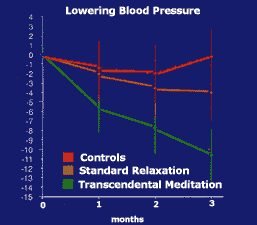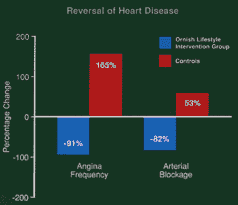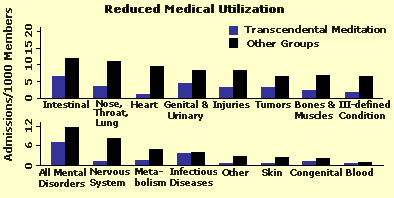The Congressional Prevention Coalition
The Congressional Prevention Coalition serves as a forum for education and discussion on the effectiveness and cost effectiveness of preventive approaches in health, social and economy policy. This new, active Coalition communicates to the Congress science-based information about prevention-related initiatives in social and economic policy and focuses on ways to integrate disease prevention and health promotion in our health care system.
The Congressional Prevention Coalition on Stress Prevention: Its Impact on Health and Medical Savings, on June 24, 1998 was co-sponsored by Senators John Chafee and Bob Graham, and Representatives Jim Leach and Jim Moran and the Institute of Science, Technology and Public Policy.
PRESENTATIONS
Moderator: John Hagelin, Ph.D., Director, Institute of Science, Technology and Public Policy
Norman Anderson, Ph.D., Director of NIH's Office of Behavior and Social Science
Research: The Impact of Stress on Health: Recent Findings from NIH-Funded Research
Robert Schneider, M.D. Director, Center for Health and Aging Studies, Principle Investigator on multiple NIH-funded grants: Stress Reduction in the Prevention and Treatment of Cardiovascular Disease
Lee Lipsenthal, M.D. Medical Director, Preventive Medicine Research Institute (founded by Dr. Dean Ornish): Behavioral and Physiological Benefits of Stress Management in the Treatment of Coronary Artery Disease
STRESS PREVENTION
|

In NIH funded, randomized clinical trials, stress-reducing meditation was 2 1/2 times more effective in reducing systolic and diastolic blood pressure than conventional relaxation. Effects were comparable to standard pharmacological treatment, but without the adverse side-effects or high cost of hypertensive drugs. R.H. Schneider et al., Hypertension 26 (1995) 820-827 and 28 (1996) 228-248.

In clinical research, a regimen of diet, exercise, stress reduction and psychological support was shown to produce marked improvements in the incidence of angina and arterial blockage, as well as 88% avoidance of bypass surgery in patients recommended for such surgery. D.M. Ornish, Cardiovascular Risk Factors (July 1992) 276-280.
|
 |
The Need
Despite rapid advances in modern medical science--and record high per capita medical expenditures--Americans endure some of the poorest health of any industrialized nation. But much of our nation's ill health is preventable.
Leading medical experts estimate that 90% of disease is caused or complicated by stress. This epidemic of stress is a strong contributor to both high medical costs and poor medical outcomes.
The Research
Within the past five years, scientific research has clearly demonstrated the effectiveness-- and cost-effectiveness-- of certain stress-reduction therapies in the prevention and treatment of disease.
For example, heart disease, America's No. 1 killer, and its primary risk factor, hypertension, can be largely prevented--and even reversed--through simple, scientifically proven methods of stress reduction and lifestyle modification.
The Savings
Over 50% of Medicare subscribers suffer from high blood pressure and 25% from more advanced stages of heart disease. These illnesses cost over $100 billion annually in largely preventable Medicare expenditures.
Similarly, most other disease categories show dramatic improvements through use of stress reduction methods.
These savings can be further leveraged by targeting high-risk patients and disease categories (like cardiovascular illness) that are particularly responsive to stress reduction methods.
Effective stress prevention thus provides a scientifically proven means of improving national health and dramatically lowering health care costs.

Blue Cross/Blue Shield statistics show an average 50% reduction in medical utilization across all 16 disease categories in subjects practicing the Transcendental Meditation program compared to matched controls. D.W. Orme-Johnson et al., Psychosomatic Medicine 49 (1987) 493-507.
|
|


